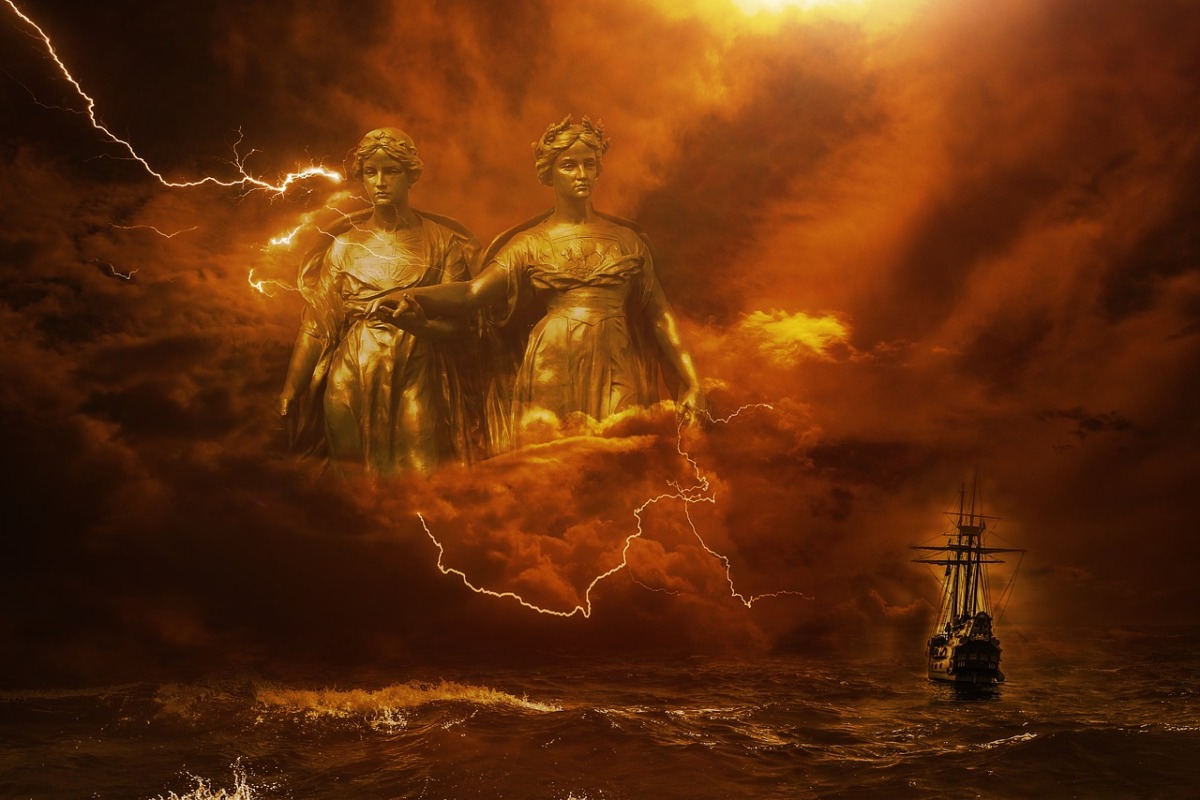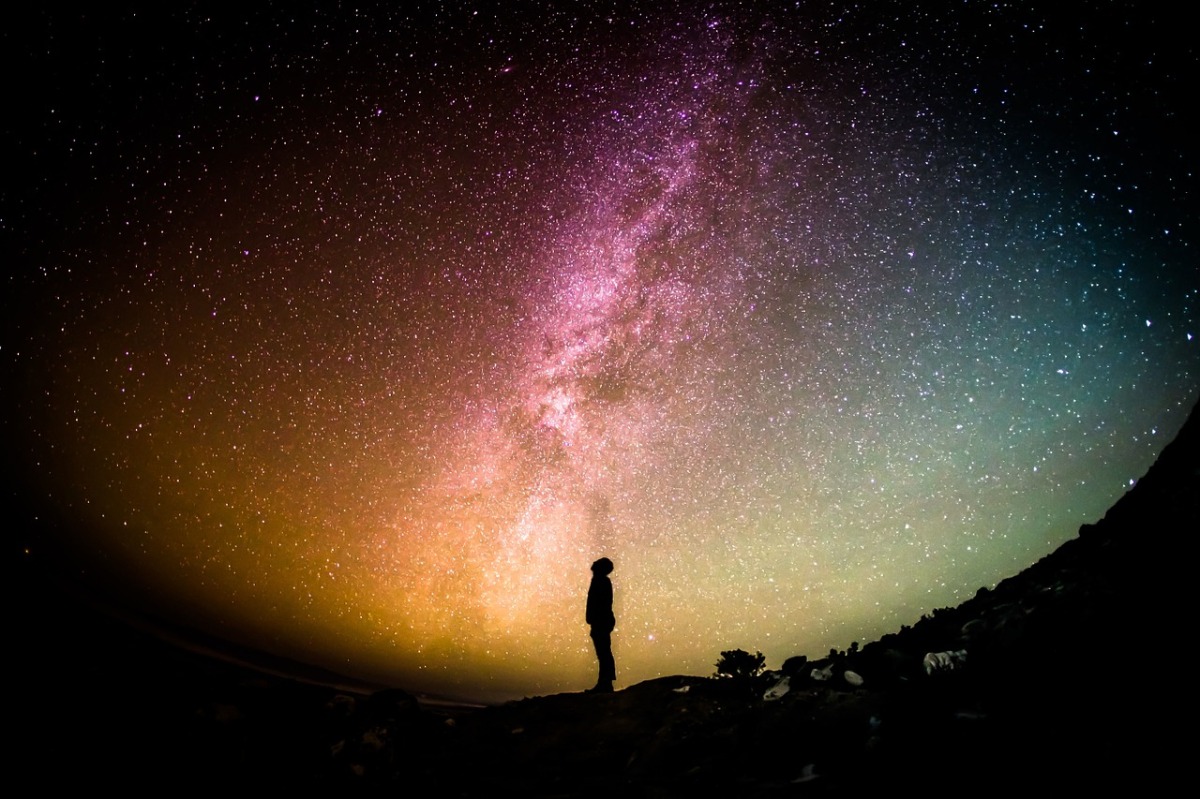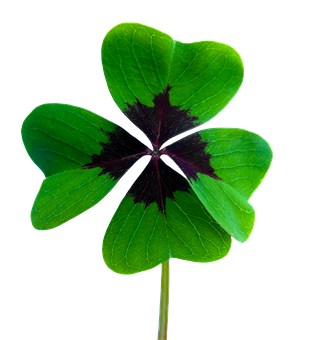ORIGIN Taoist (Chinese). Guardian god.
KNOWN PERIOD OF WORSHIP circa AD 300 until present.
SYNONYMS Li No Cha.
CENTER(S) OF CULT throughout Chinese culture.
ART REFERENCES paintings and sculptures.
LITERARY SOURCES various philosophical and religious texts, mostly inadequately researched and untranslated.
Continue reading “NA CHA (here is a loud cry)”






